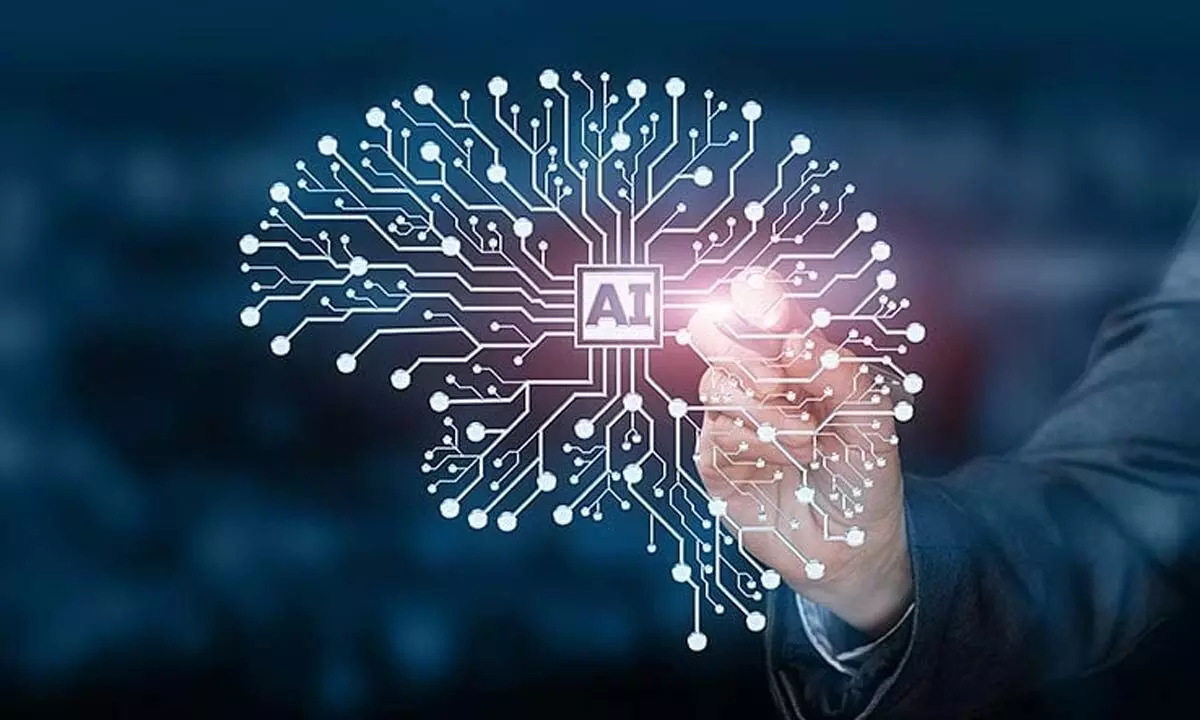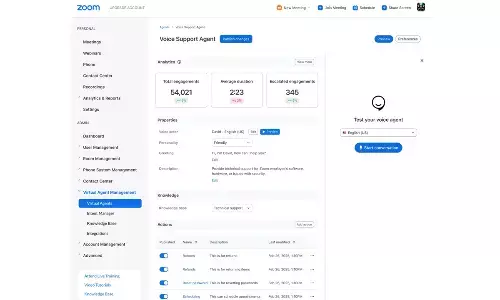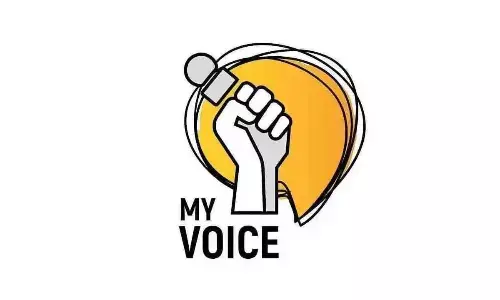The Evolving Role of Educators in an AI-Enhanced Learning Environment

Harsh Goenka’s AI Job Prediction Sparks Heated Online Debate
Artificial intelligence (AI) is making its mark on education, transforming both classroom dynamics and teaching methods.
Artificial intelligence (AI) is making its mark on education, transforming both classroom dynamics and teaching methods. While AI-powered tools can never fully replace traditional teaching methods they certainly enhance the process of teaching, enabling educators to refine their approaches and provide more personalized, engaging and adaptive learning experiences. By automating administrative tasks, AI allows teachers to dedicate more time to cultivating critical thinking, creativity and collaboration among students, ensuring a balanced and effective educational environment.
From Teachers to Facilitators
Traditionally, teachers have been the primary source of knowledge, delivering instruction through lectures and direct engagement. While this model remains effective in many ways, AI is providing opportunities for educators facilitate learning in new and different ways.
AI-powered tools offer real-time insights into students' learning patterns, strengths and areas needing improvement. By analyzing student performance, these technologies can help educators tailor instruction to meet individual needs. This shift enables teachers to act as mentors and guides, supporting students as they navigate personalized learning journeys.
Enhancing Engagement Through Technology
One of AI’s biggest contributions to education is its ability to free up time for teachers to focus on meaningful interactions with students. By automating routine tasks such as grading, lesson planning and administrative work, AI allows educators to devote more time to designing engaging learning experiences.
Teachers can integrate AI-driven resources such as adaptive learning platforms, interactive simulations and gamified lessons to create more dynamic classrooms. These tools provide students with opportunities to apply theoretical concepts to real-world scenarios, making learning more engaging and relevant. While educators have always been able to create varied and interactive lessons, AI helps streamline this process by offering suggestions and automating certain aspects of content delivery.
Additionally, AI can support interdisciplinary learning by helping teachers connect concepts across subjects. For example, an AI-powered learning platform can suggest connections between science and art or history and technology, making lessons more integrated and holistic. However, the creativity and expertise of educators remain central to crafting meaningful interdisciplinary experiences.
Teaching Ethical and Critical Thinking in the AI Era
As AI becomes more prevalent in education, it is crucial for educators to guide students in understanding its potential and limitations. AI-generated content is increasingly accessible, raising concerns about academic integrity, data privacy and algorithmic bias. Teachers play a vital role in equipping students with the skills needed to critically evaluate AI-generated information, ensuring they can discern accuracy, bias, and ethical considerations.
By incorporating discussions on digital literacy and ethics into their curriculum, educators can help students forge a responsible approach to AI usage. These topics can include questioning sources, analyzing credibility and examining the implications of AI on society. AI is a powerful tool, but it is human judgment and ethical reasoning that will determine its responsible use in education and beyond.
The Role of Educators in Emotional and Social Learning
While AI is able to provide personalized learning experiences and pay attention to the needs of students, it lacks the emotional intelligence, empathy and social skills that teachers can provide in such settings. They help provide a complete and holistic education because they are able to help students build critical interpersonal skills.
Shaping the Future of Education
The role of educators in an AI-enhanced learning environment is evolving, not diminishing. Rather than replacing teachers, AI serves as a valuable tool that helps streamline tasks, personalize learning and enrich educational experiences. By leveraging AI effectively, educators can continue to be the heart of the learning process, fostering engagement, critical thinking and ethical awareness among students.
As AI continues to shape the future of education, the most effective learning environments will be those that combine the strengths of technology with the expertise, empathy and creativity of educators. The future of education lies in a balanced partnership between AI and human teaching where technology supports—not supplants—the vital role of educators in shaping the next generation.
(The author is Business Director, South Asia – D2L)









